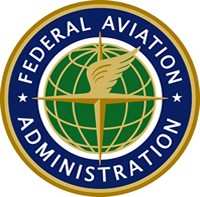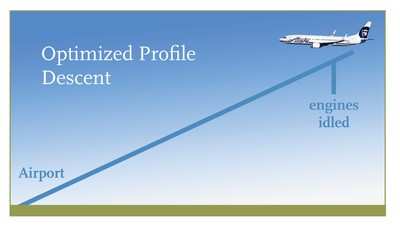Wed, Jul 15, 2009
Advertisement
More News
 Airborne 05.10.24: Icon Auction, Drunk MedEvac Pilot, Bell ALFA
Airborne 05.10.24: Icon Auction, Drunk MedEvac Pilot, Bell ALFA
Also: SkyReach Parts Support, Piper Service Ctr, Airliner Near-Miss, Airshow London The Judge overseeing Icon's convoluted Chapter 11 process has approved $9 million in Chapter 11 >[...]
 ANN's Daily Aero-Term (05.13.24): ILS PRM Approach
ANN's Daily Aero-Term (05.13.24): ILS PRM Approach
ILS PRM Approach An instrument landing system (ILS) approach conducted to parallel runways whose extended centerlines are separated by less than 4,300 feet and at least 3,000 feet >[...]
 ANN's Daily Aero-Linx (05.13.24)
ANN's Daily Aero-Linx (05.13.24)
Aero Linx: FlyPups FlyPups transports dogs from desperate situations to fosters, no-kill shelters, and fur-ever homes. We deliver trained dogs to veterans for service and companion>[...]
 Airborne-NextGen 05.07.24: AI-Piloted F-16, AgEagle, 1st 2 WorldView Sats
Airborne-NextGen 05.07.24: AI-Piloted F-16, AgEagle, 1st 2 WorldView Sats
Also: Skydio Chief, Uncle Sam Sues, Dash 7 magniX, OR UAS Accelerator US Secretary of the Air Force Frank Kendall was given a turn around the patch in the 'X-62A Variable In-flight>[...]
 Airborne 05.08.24: Denali Update, Dad-Daughter Gyro, Lake SAIB
Airborne 05.08.24: Denali Update, Dad-Daughter Gyro, Lake SAIB
Also: NBAA on FAA Reauth, DJI AG Drones, HI Insurance Bill Defeated, SPSA Airtankers The Beechcraft Denali continues moving forward towards certification, having received its FAA T>[...]
blog comments powered by Disqus





